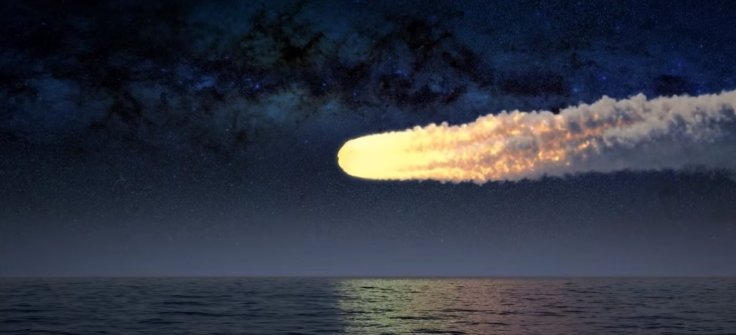
Threats from deep space objects like asteroids have been hanging over the planet since its formation. Around 66 million years ago, the blue planet faced a major catastrophe when a giant space rock hit the earth resulting in the extinction of more than 70 per cent of all species, including dinosaurs. Since then, no such asteroids have approached the earth, and the absence of asteroid hits has played a crucial role in determining the progress of humanity on the blue planet.
Will an asteroid hit the earth in the future?
Even though no space rocks pose a threat to the earth in the immediate future, space experts believe that possibilities of asteroid hits in the future cannot be ruled out. In order to combat a potential impact from the space in the future, NASA is tracking all near-earth objects that are currently in the vicinity of the earth.
However, a space expert believes that small asteroids are difficult to track, and impacts from the space rocks could also bring chaos on the earth. Alan Harris, emeritus professor and senior scientist at the German Aerospace Center (DLR), in an exclusive talk with the Express.co.uk, revealed that a significant percentage of potential impacts usually go undetected due to the presence of small asteroids in the solar system, very similar to the one that exploded in mid-air in Chelyabinsk in 2013.
"If you consider objects of one-kilometer diameter or more, we have found virtually all of those, at least 90 percent if not 95 percent. But if you come down to things like Chelyabinsk, only 20 meters in size, admittedly not as dangerous, you may not detect it," said Harris.
The worst memory of Chelyabinsk mid-air explosion
The Chelyabinsk meteor that exploded in mid-air was just 20 meters in size. However, the explosion unleashed energy 30 to 40 times more than the Hiroshima nuclear explosion, and injured more than 1,200 people.
Harris believes that modern human technology is capable of detecting large space rocks, but we are still unable to monitor small asteroids, like the one which blew up in Chelyabinsk.
"I'd say up to 50 meters or so these days could slip through defenses, and hit the Earth without any warning at all, as Chelyabinsk did. There is a relatively small number of objects that are on really awkward orbits, such as orbits highly-inclined to the ecliptic," added Harris.









